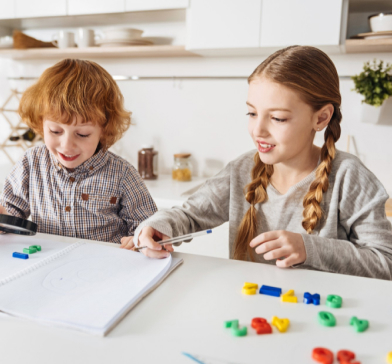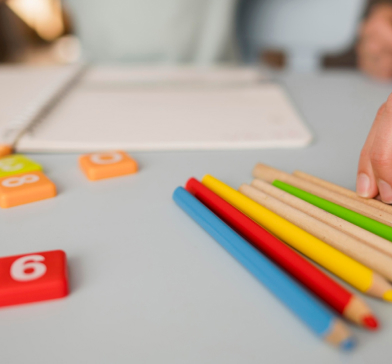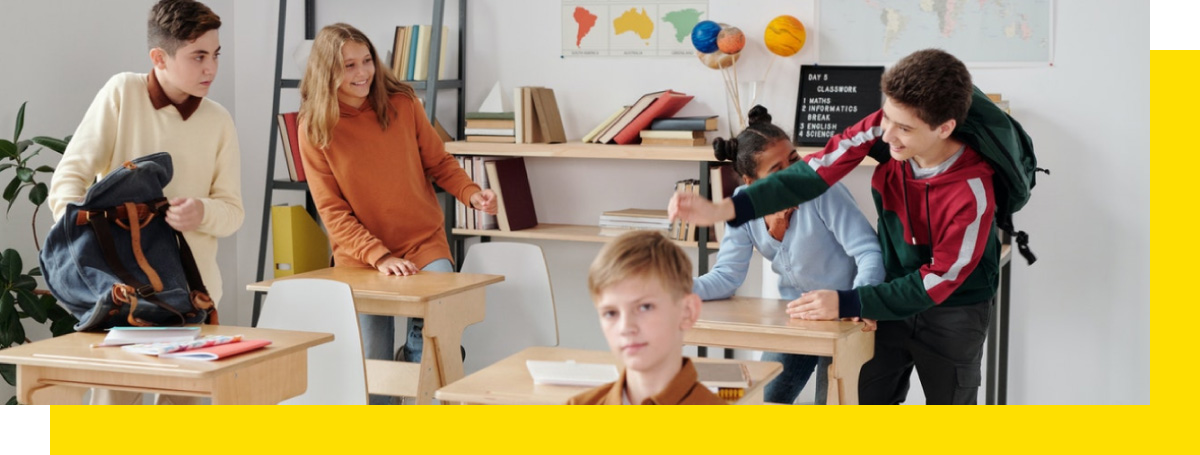

How can you recognize if your child has a weaker working memory?
Memory is the ability to absorb, store, retain and recall information. We distinguish two types of memory: short-term memory or working memory, and long-term memory. While working memory processes temporarily stored information, long-term memory or permanent memory contains information that we can remember very accurately and quickly.
Imagine the following situation. You are having a birthday party and you have asked your child to help you with the preparations. The instructions you gave him were simple: Put the toys in the box, the shoes in the shoebox, and remove the drawings from the table. The child agreed, but when you checked a little later how far he had come, you realized that the toys were in the shoe store, the shoes were still in the hallway and the drawings were still on the table.

What happened? Is your child disobedient or just having trouble retaining and interpreting the information you have given him?
Working memory is an executive function that plays an important role in how we process and remember information on a daily basis. When you remember a phone number, or directions on how to get from one point to another, every time you use grammar rules correctly, the right formula, and so on. You are using working memory.
It is an active process that allows us to keep in our head all the necessary information while performing a task. Working memory can be viewed as cognitive space. But what happens when that space is full and information starts to "fall out"?
In children with poor working memory, executing the given instructions can be problematic. It will do the task you gave it either half-heartedly or with many mistakes, or it will ask you to repeat it five times. This is because he cannot keep all the information in his head at once, and the sequence of steps and rules he needs to apply.
As with computers, less RAM means the system will work harder.
Of course, it happens to all of us that sometimes we forget something from the shopping list, or that we can't remember the rules of the newly learned game in an instant. And that is normal.
However, if we do not pay enough attention to recognize this condition in children, it can have an impact on further development. Especially if the child has some other difficulties such as dyslexia, ADHD or some other cognitive weaknesses. Because they have to make an extra effort to do things that are automated in other children, so it's no wonder that their working memory runs out of space very quickly. The inability to send clear instructions creates repulsion in children and they become unmotivated to do things in which they are "not good".
Unfortunately, this type of behaviour is very often misinterpreted. Children are considered disobedient and rude. The criticism that follows is demotivating and will only deter them from further work on the problem.
So the next time your child "disobeys" you, pay attention, it may be difficult for him to process everything you told him.
How can you help?



Break it down to micro tasks
You can divide the task into several smaller ones. So, instead of telling him, put the toys away, wash your hands and choose a book to read, simply say: "Put the toys away, so when you're done, come to me and I'll tell you what to do next."
Or if your child is writing an essay he’s also using his working memory to recall important information, generate and organize ideas, use correct spelling and grammar... What you can do is to encourage him to approach one task at a time:
• Generate and write down major ideas
• Create a thesis based on information
• Outline the structure
• Write a rough draft
(and not to worry about spelling or punctuation)
• Check spelling
Breaking homework assignments down into manageable chunks will help your child avoid cognitive overload. He can work more effectively and develop good study habits.

Create routines
Routines are eccential to working memory. When we’re able to automate a task it no longer requires working memory to function. Remembering what to do next takes up cognitive workspace, and if you have a routine, that is not necessary.
So be consistence and patience in helping your child builds effective habits.
Use organizational tools
Tools like to-do lists, calendars, reminders, and organizers clean up “workspace” and make it easier for kids to remember important informations.
But, organizational tools only work if you are using them. Help your child find the tools that work for him and make them part of his routine.
Games
There are lot of computer games, apps and memory games that can be found online for practice and fun. Just make sure to regularly use other methods as well.